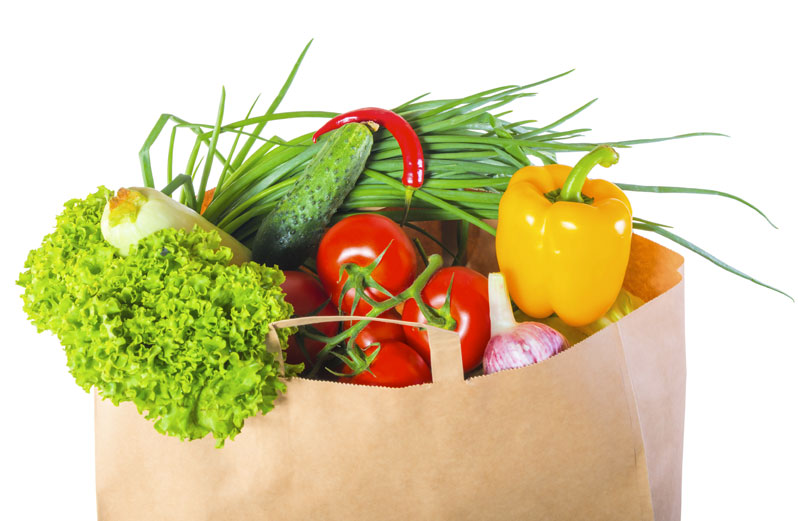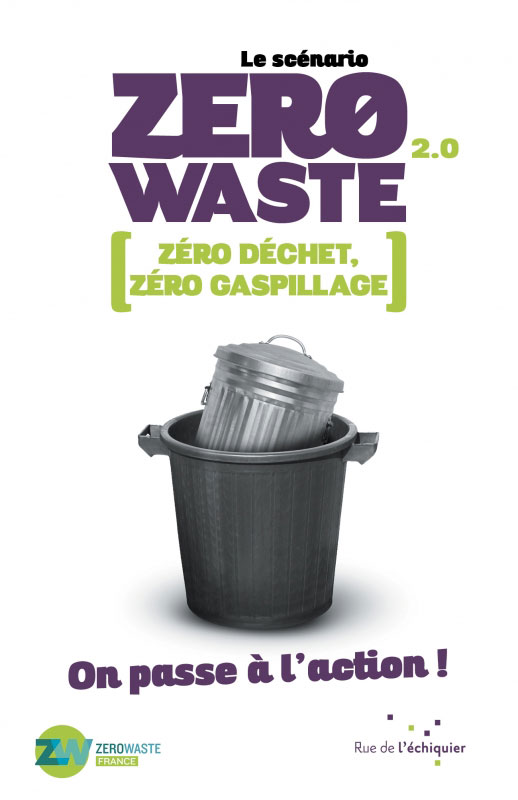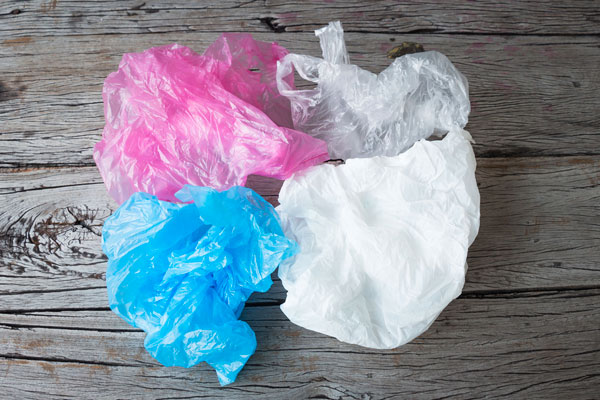The different alternatives to plastic bags
The end of one-use only plastic bags is just around the corner (July 1st 2016). Then, from January 1st 2017, only compostable bags will be permitted and those made of substance from vegetal origin (bio-based). With the energy transition law which mainly aims to fight against pollution, French companies are thus encouraged to find other alternatives from plant sources. Here are some examples of bags which are to be implemented in our supermarkets.
Kraft paper bags
These bags are made up with components 100% reusable and are very light. Sturdy, they withstand gashes.
Bioplastic bags
They are produced from renewable plant resources (corn starch, potato, sugar cane etc.), biodegradable polymer and are as resistant as traditional plastic bags.
Oxo-biodegradable bags
These bags are synthetic polymer-based to which are added special additives (mineral salts, etc.) that weaken the plastic and will bring about a quicker breaking up. Besides, through contact with heat or light, the plastic will break micro-fragment up that will scatter in the nature and die out faster.
Reusable bags
PVC non-woven bags: Rigid, supple, waterproof and gash-resistant, they are easy to maintain.
PP (propylene) non-woven bags: They are made of ecological fabrics and are in this way reusable.
While seeing appearing these new bags, the first plastic bags with enzyme (biodegradables) and produced by the French company Carbios, are to appear in 2017.
© Carbios
- April 26, 2016
- No Comments
- 0










